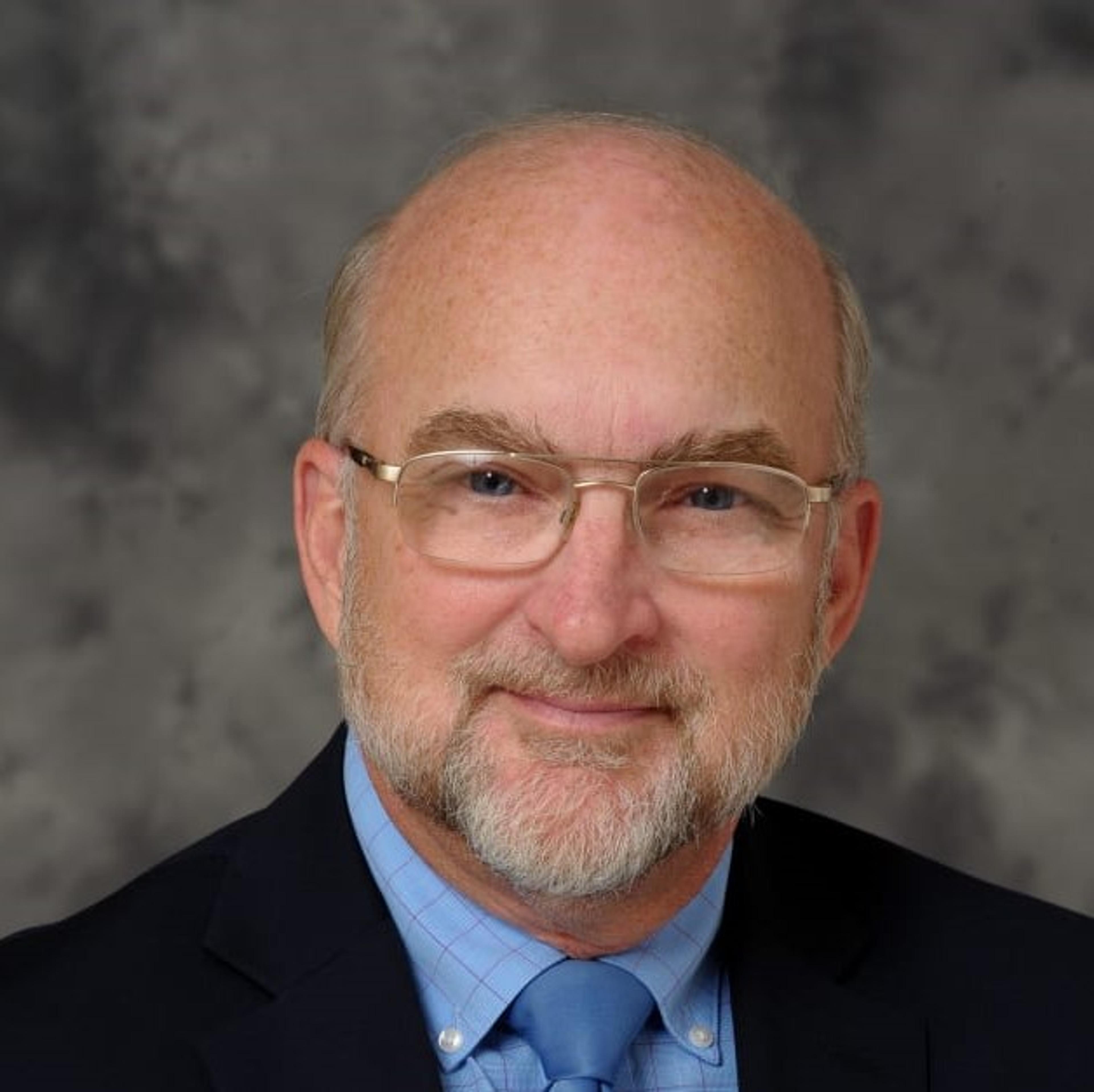How to Find a Good Substance Use Disorder Treatment Facility

Dr. William Beecroft, M.D.
| 3 min read
Dr. William Beecroft, MD, DLFAPA, is the Medical Director Blue Cross and Blue Shield of Michigan Behavioral Health and Behavioral Health strategy and planning. Dr. Beecroft received his M.D. from Michigan State University. He is board certified in general psychiatry with added qualifications in geriatrics and Consultation-Liaison Psychiatry. He will serve as the Michigan Psychiatric Society President in 2025.

Finding a good substance use disorder treatment facility is an important first step for those seeking to recover from their substance use disorder. As you begin your search, beware of the “dark side” to substance use disorder treatment, according to a peer-reviewed study.
The study indicated many for-profit rehabilitation programs charged inflated fees and used misleading sales practices to attract patients, without evaluating their actual medical needs. For people suffering from addiction, these types of practices can not only hinder their progress but sometimes cause irreparable harm.
High-quality medical care, on the other hand, can make a big difference in a person’s recovery, leading to a healthier life. The study showed that the people answering the phones at rehab programs were often salespeople using aggressive marketing tactics to demand high up-front costs, averaging more than $1,700. And the sales pitch often focused on things that have nothing to do with medical care — things such as swimming pools, gourmet food, massage and acupuncture.
Further, the research team found that most of the programs didn’t provide medication-assisted treatment, considered the “gold standard” of care for substance use treatment. These findings are especially disturbing due to an increased number of people dying from substance use overdoes during the pandemic.
According to the Centers for Disease Control and Prevention, more than 87,000 died of drug overdoses from October 2023 to September 2024. While there are many good treatment programs available, families and patients trying to find help often have trouble differentiating legitimate rehab programs from unethical ones.
How to find a good facility
One tool that’s extremely helpful for individuals searching for a good facility — and for health care providers looking for a high-quality facility for their patients — is the Blue Distinction Center Finder, offered by the Blue Cross and Blue Shield Association.
As you may have read before, the association’s Blue Distinction® Specialty Care program recognizes doctors and facilities with a proven history of delivering exceptional care in nearly a dozen areas, including substance use treatment and recovery. When using the Blue Distinction Center Finder tool, simply scroll down to "Substance Use Treatment and Recovery," select your state and click on "Search" to find a facility in your state. BDC designations are also identified on Blue Cross Blue Shield of Michigan’s "Find a Doctor" search tool, which can be accessed from the homepage of bcbsm.com.
Dr. William Beecroft is the medical director of behavioral health for Blue Cross Blue Shield of Michigan and Blue Care Network.
Blue Cross Blue Shield of Michigan and Blue Care Network can help members find an in-network mental health professional by calling behavioral health access lines listed below:
PPO: BEHAVIORAL HEALTH ACCESS LINE | 1-800-762-2382
- A free and confidential resource that’s just a call away when you need immediate support. Behavioral health professionals answer, 24/7.
HMO: BEHAVIORAL HEALTH ACCESS LINE | 1-800-482-5982
- Connect with a behavioral health clinician if you need help finding a mental health or substance use provider.
- Behavioral health clinicians are available for routine assistance from 8 a.m. to 5 p.m., Monday through Friday. For urgent concerns after hours, clinicians are also available 24 hours a day, seven days a week.
Crisis Assistance:
- If you feel that your condition is an emergency that’s not life threatening, call the National Suicide Prevention Lifeline for support at 1-800-273-8255.
- If your situation requires immediate emergency help to prevent death or serious harm to yourself or others, please seek help at the nearest emergency room or call 911.
Learn more about mental health and options you have as a member to seek help at bcbsm.com/mentalhealth.
Related:
- How Pandemic Stress Could Impact Behavioral Health Treatment
- “No One Knew, Because I Always Put on A Smile & Played a Song”
- Eric Hipple Discusses His Mental Health Journey
Photo credit: Getty Images





